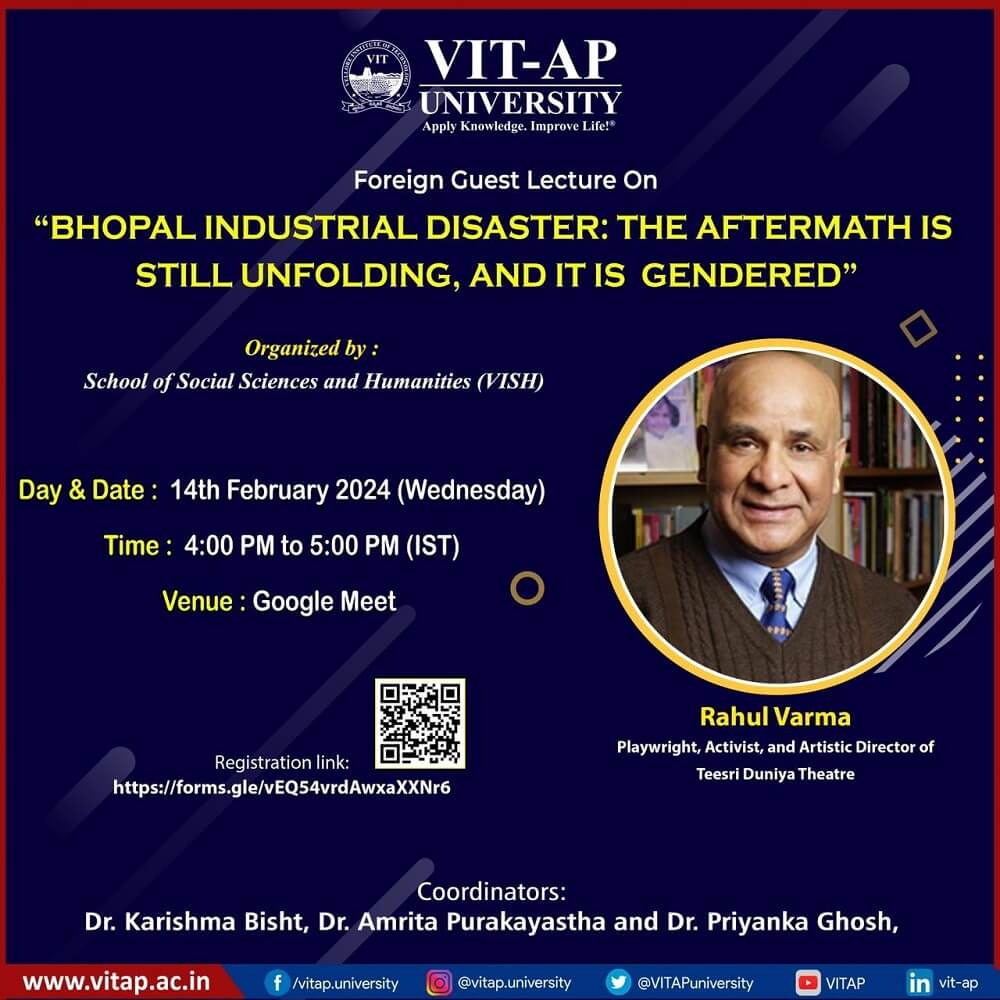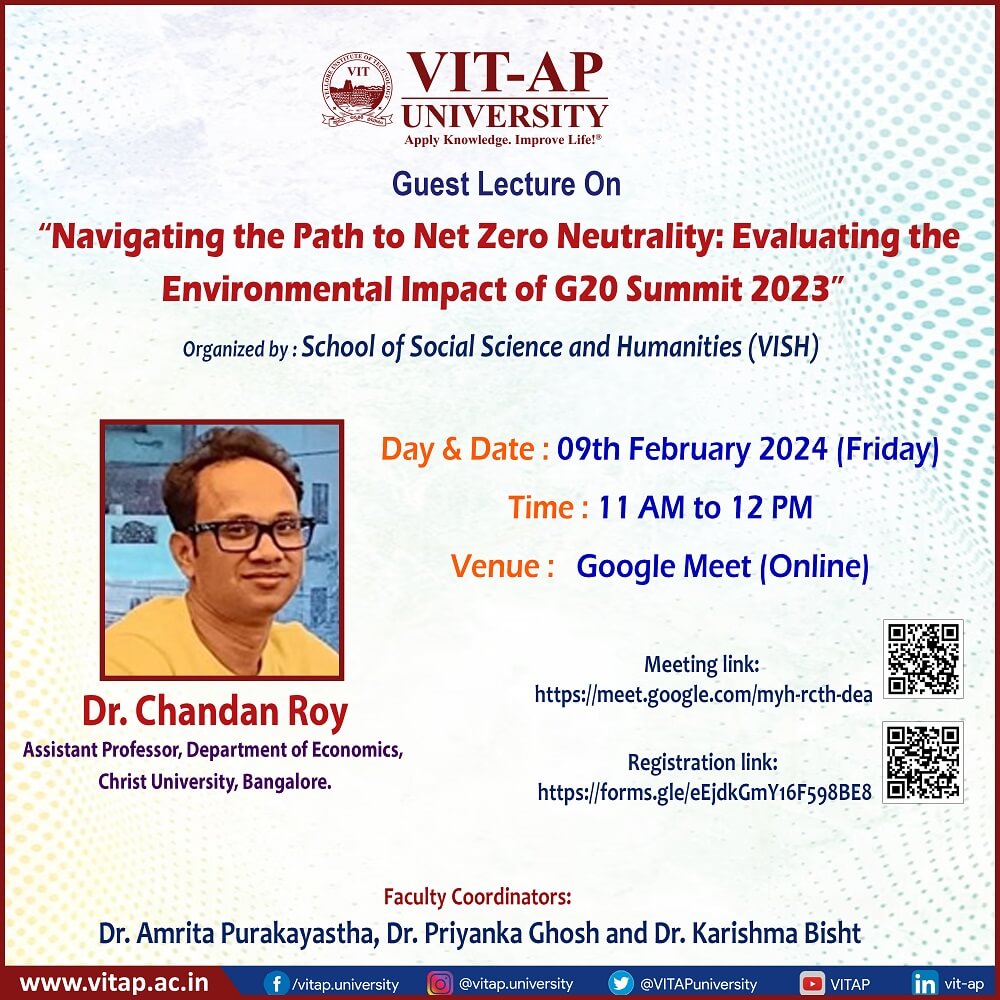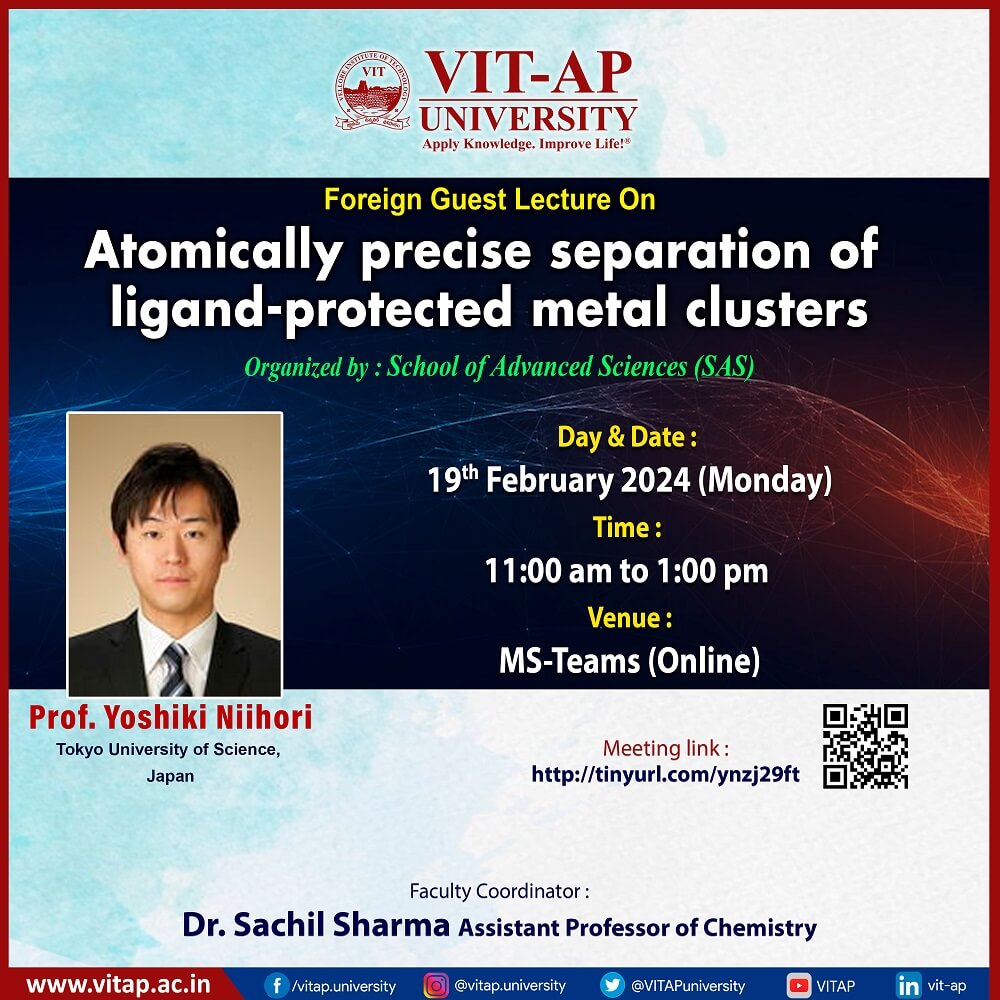About the Programme
The School of Computer Science and Engineering offers a B. Tech program in Computer Science and Engineering with specialization in Data Analytics course provides in-depth knowledge of various Data Analytics skills, e.g. mathematical reasoning, statistical skills, machine learning skills, programming skills, knowledge discovery skills, business intelligence, data mining & data warehousing skills and data visualization skills. With data size increasing in most companies, deserving candidates in this domain have a huge requirement.
This course is offered to equip students with knowledge and skills in cutting-edge technologies that are embraced by industries. The students are trained in data management, data mining, storage technologies, predictive analytics, machine learning, and deep learning to hone their skillset in big data. Students gain knowledge regarding principles, tools and techniques to model various real world problems, analyze them, and discover useful information.
Eligibility
- The applicant should be a Resident / Non-Resident Indian National / PIO / OCI.
- NRI applicants can directly apply under ‘NRI Category’ through NRI application form. (https://vit.ac.in/admissions/international/overview)
- Foreign applicants who studied/studying abroad can apply directly through the International application form.(Will be available shortly)
- Applicants whose date of birth falls on or after 1st July 2002 are eligible to apply for Engineering admission 2024.
- The date of birth as recorded in the High School / SSC / X Certificate will be considered authentic.
- Applicants should produce this certificate in original as proof of their age at the time of counseling/admission, failing which their candidacy for admission will be disqualified.
Application Process
Fee
FEE STRUCTURE |
|
|---|---|
| Tuition Fees (Per Annum) | INR 1,95,000 * |
| Caution Deposit (Refundable) | INR 3,000 |
| Total fees to be paid for first year | INR 1,98,000 |
(*after concession)
Key Features
- 1. Best-in-class infrastructure with high end laboratory systems to cater with the need of software industries.
- 2. Curriculum is designed to facilitate the students to pursue higher education in India and abroad.
- 3. emphasizes comprehensive knowledge through courses like Data Essentials, Business Intelligence, Data Security, Social Network Analysis, Database Administration and Predictive Analytics.
Career Prospectus
Students can either opt for higher studies and carry out research or find a job after the successful completion of B.Tech. in Computer Science and Engineering with Data Analytics Specialization. Data analysts are one of the most sought professionals considering the current trend in software development. The demand for such professionals is so high and the availability is less, making the job being offered with a huge salary and perks with the promising careers as data analyst, data engineer, data analytics consultant, quantitative analyst few to mention.
Data Analytics is a futuristic technology that is predicted to rise globally. The North American data analytics market is expected to remain dominant. However, the Asia-Pacific region is evolving at an incredible speed in using data analytics and its capabilities. India is seen as one of the frontrunners in Asia utilizing data analytics methods.
Design Your Own Degree (DYOD)
Specialization | Minors | Double Major |
|---|---|---|
Artificial Intelligence and Machine Learning | VLSI | Electronics & Communication Engineering |
Data Analytics | Image and Video Processing | Mechanical Engineering |
Cyber Security | Embedded Systems | Applied Science |
Edge Computing | Internet of Things (IoT) | Business Management |
Software Engineering | Electronics & Comm. Engineering | Economics |
Geo Informatics | Electric Vehicle Technology | Digital Humanities |
Blockchain | Digital Manufacturing | Media and Communication |
Automotive Design | ||
Robotics | ||
Mechanical Engineering | ||
FinTech | ||
Digital Marketing | ||
Econometrics | ||
Performing Arts | ||
Computational Mathematics | ||
Corporate Law |
Know Your Opportunity
The career opportunities include Database Designers, System Analysts, Web Developers, Application Developers, Software Engineers, Full Stack Developer, Data Analytics, Data Scientist, Business Analyst/Business Intelligence Analyst, Information Security Analyst, Technical Risk Analyst, Cloud Computing Professionals, UI/UX Designer etc.,
Programme Outcomes
After successful completion of the program a student is expected to have abilities to:
PO1. Engineering knowledge: Apply the knowledge of mathematics, science, engineering fundamentals, and an engineering specialization to the solution of complex engineering problems.
PO2. Problem analysis: Identify, formulate, research literature, and analyse complex engineering problems reaching substantiated conclusions using first principles of mathematics, natural sciences, and engineering sciences.
PO3. Design/development of solutions: Design solutions for complex engineering problems and design system components or processes that meet the specified needs with appropriate consideration for the public health and safety, and the cultural, societal, and environmental considerations.
PO4. Conduct investigations of complex problems: Use research-based knowledge and research methods including design of experiments, analysis and interpretation of data, and synthesis of the information to provide valid conclusions.
PO5. Modern tool usage: Create, select, and apply appropriate techniques, resources, and modern engineering and IT tools including prediction and modelling to complex engineering activities with an understanding of the limitations.
PO6. The engineer and society: Apply reasoning informed by the contextual knowledge to assess societal, health, safety, legal and cultural issues, and the consequent responsibilities relevant to the professional engineering practice.
PO7. Environment and sustainability: Understand the impact of the professional engineering solutions in societal and environmental contexts, and demonstrate the knowledge of, and need for sustainable development.
PO8. Ethics: Apply ethical principles and commit to professional ethics and responsibilities and norms of the engineering practice.
PO9. Individual and teamwork: Function effectively as an individual, and as a member or leader in diverse teams, and in multidisciplinary settings.
PO10. Communication: Communicate effectively on complex engineering activities with the engineering community and with society at large, such as, being able to comprehend and write effective reports and design documentation, make effective presentations, and give and receive clear instructions.
PO11. Project management and finance: Demonstrate knowledge and understanding of the engineering and management principles and apply these to one’s own work, as a member and leader in a team, to manage projects and in multidisciplinary environments.
PO12. Life-long learning: Recognize the need for and have the preparation and ability to engage in independent and life-long learning in the broadest context of technological change.
Programme Educational Objectives
The main educational objectives of the B.Tech.–CSE with specialization in Data Analytics Programme are to:
PEO1: prepare students with good scientific and engineering knowledge to analyse, design and create products, and provide solutions to problems in Computer Science and Engineering.
PEO2: inculcate in students professional approach, effective communication skills, teamwork, multidisciplinary approach, and an ability to relate engineering issues to broader social context and to acquire professional excellence in national and multinational organizations.
PEO3: prepare students to be aware of excellence, leadership, code of ethics, guidelines and lifelong learning needed for successful professional career by providing them with an excellent academic environment.
PEO4: To achieve professional competency in undertaking industry careers and pursue higher education through innovation and implementation of data analysis strategies based on theoretical principles, ethical considerations, and detailed knowledge of the underlying data.
Programme Specific Outcome
At the end of the programme a student is expected to have the specific abilities to:
PSO1: select appropriately from a wider range of exploratory and inferential methods for analysing data and interpret the results contextually.
PSO2: execute statistical analyses with professional statistical tools and technologies in Bia Data Analytics.
PSO3: apply data science concepts and methods to solve problems in real-world contexts and will communicate these solutions effectively.
FAQs
1. How to have a career in CSE with specialization in Data Analytics?
A. As analytics is getting advanced day by day, skilled professionals are also required to understand and analyse the data from a business point of view and provide organisations with perceptions to grow and develop. This is when a CSE engineer with a specialization in Data Analytics is required to do the job.
2. What is the difference between CSE (Core) and CSE with a specialization in data analytics for a B.Tech?
A. In CSE (Core), all the required Program Core and University Core courses will be offered for the Data Analytics students. So it will make the students to familiar with all the subjects that are relevant for Computer Science and Engineering to follow a standard CSE course. Apart from the core courses some specialization courses will be offered to the data analytics students which will be more oriented on Data Analytics and its uses which makes them excel in their specialization.
VIDEOS
Contact Us
Dr. G.Muneeswari
Professor & HOD
Department of Data Science and Engineering
VIT-AP University, Amaravathi, Andra Pradesh
hod.dse@vitap.ac.in










